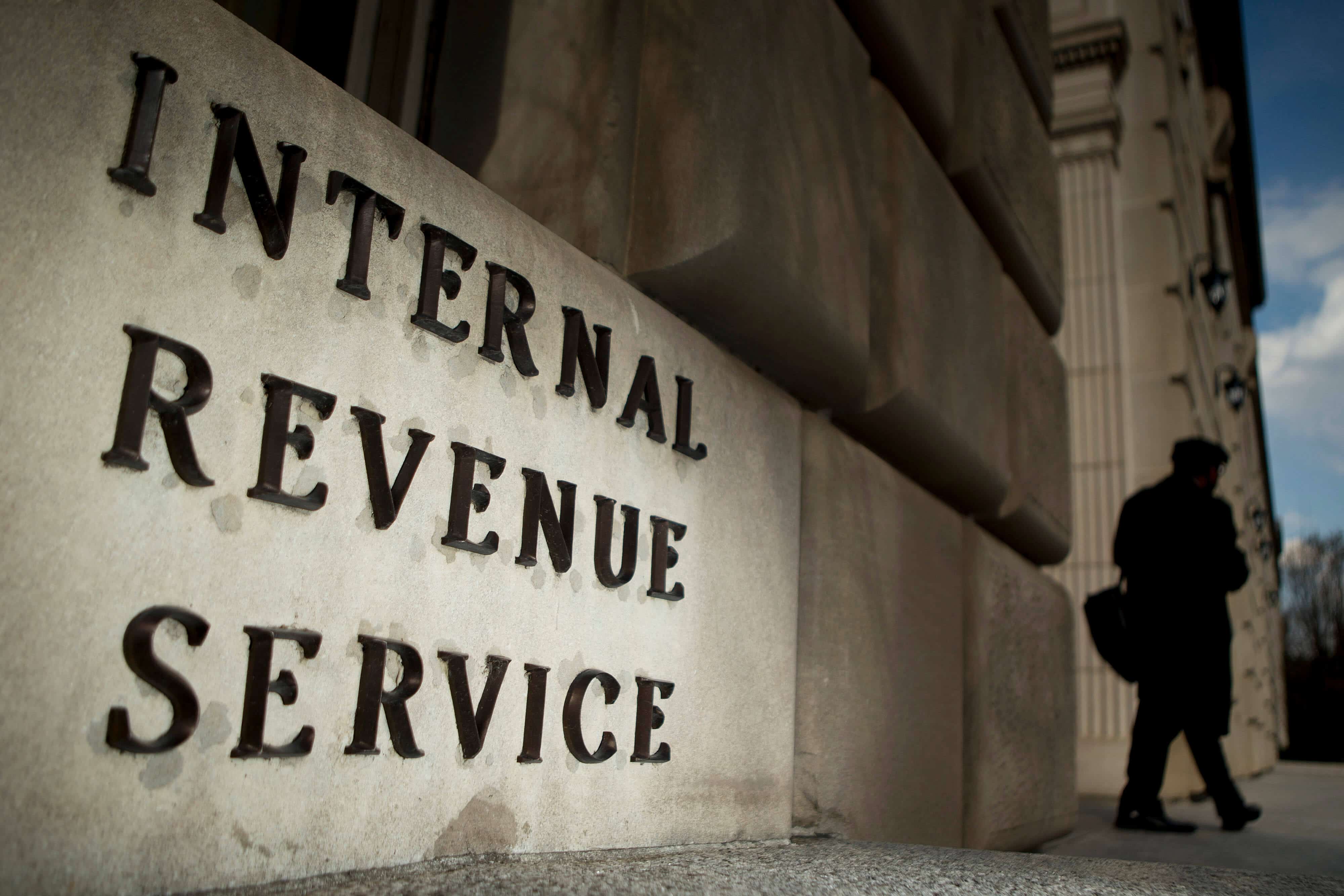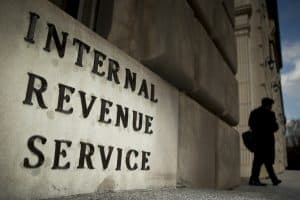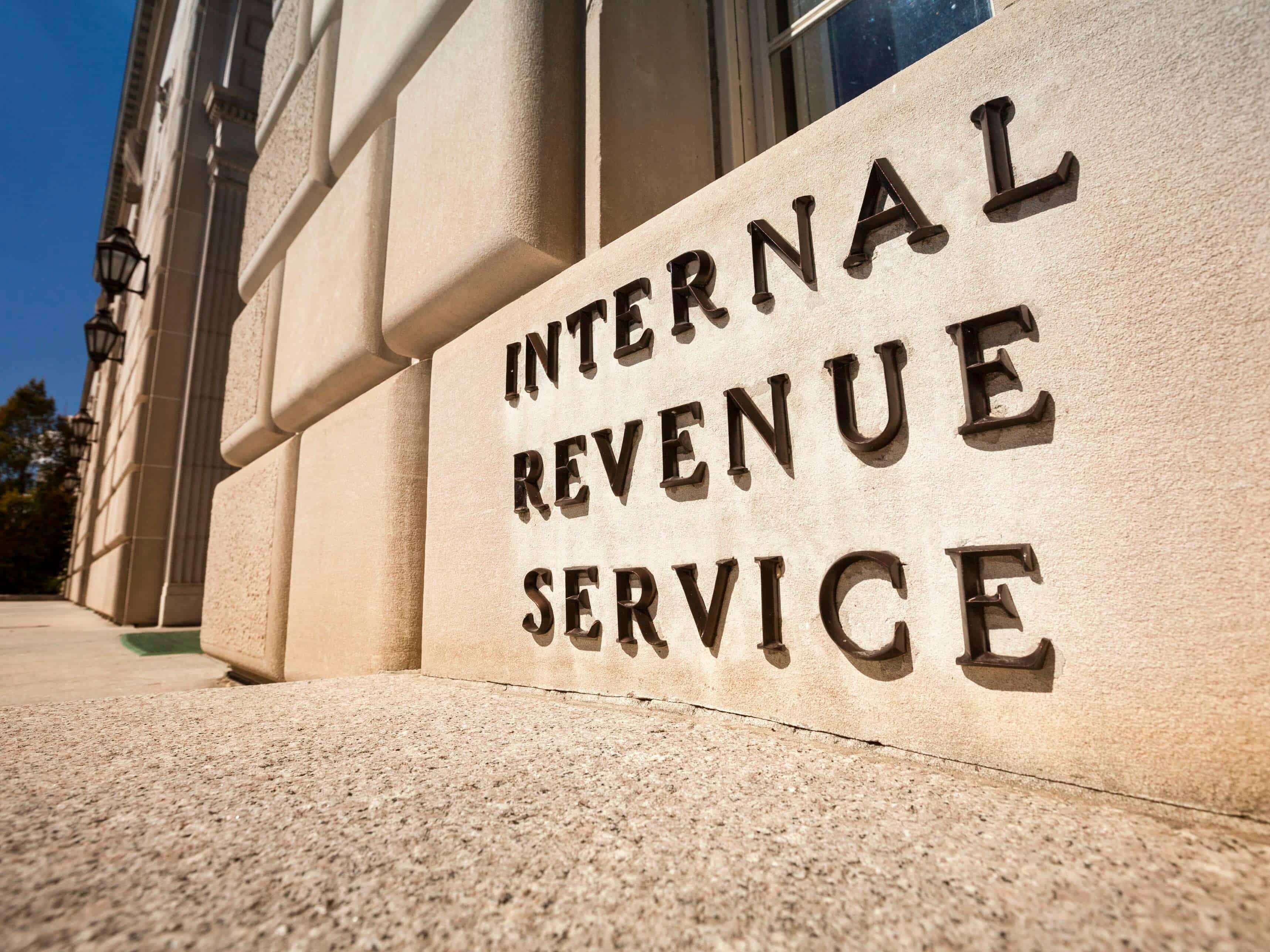Join Our Telegram channel to stay up to date on breaking news coverage
The Internal Revenue Service (IRS) is slowly tightening its grip on cryptocurrency investors. It recently sent another round of warning letters to investors, asking them to pay taxes.
Taxes season for crypto investors
In the latest letters to investors, the IRS is telling individuals that their federal tax returns do not fully reflect the information received from virtual currency exchanges. As a result of this, there is a ‘mismatch’ in tax returns that the users must correct. Note that the IRS had previously won a case against Coinbase, a large cryptocurrency exchange based in the US, to share details of users who engage in the crypto sector. It was considered an important step in the agency’s growing control over the crypto industry.
Interestingly, the letters suggest that the mismatch problem is because of the trading exchanges and taxpayers are not at fault. A top executive at the agency has already called digital assets “significant threat” to tax collection. There are chances that the IRS starts criminal cases of tax evasions against investors soon.
IRS wants it all
In the case against Coinbase, the IRS received data on all customers who sold or bought digital assets worth at least $20,000 between 2013 and 2015. At least 10,000 investors were sent the first batch of letters in late July in which they were asked to pay taxes on digital currency transactions. While some of the letter were gentle nudges to make investors pay their taxes, others adopted a harsher tone and asked individuals to disclose their crypto dealings between 2013 and 2017 in writing.
The IRS did not make any formal announcements this time about the letters it sent. It added a page on its website to explain what the latest round of letters means and require of the receivers. The page reads, “We received information from a third party (such as employers or financial institutions) that doesn’t match the information you reported on your tax return.” It also said, “this discrepancy may cause an increase or decrease in your tax, or may not change it at all.”
EisnerAmper LLP’s personal wealth advisor Timothy Speiss said that these new letters are “unusual” because they are geared towards a specific group of investors. He added that the IRS warned the users the first time, but now it is saying that it has access to all the records. It is unclear how many investors went sent the letters.
Join Our Telegram channel to stay up to date on breaking news coverage



